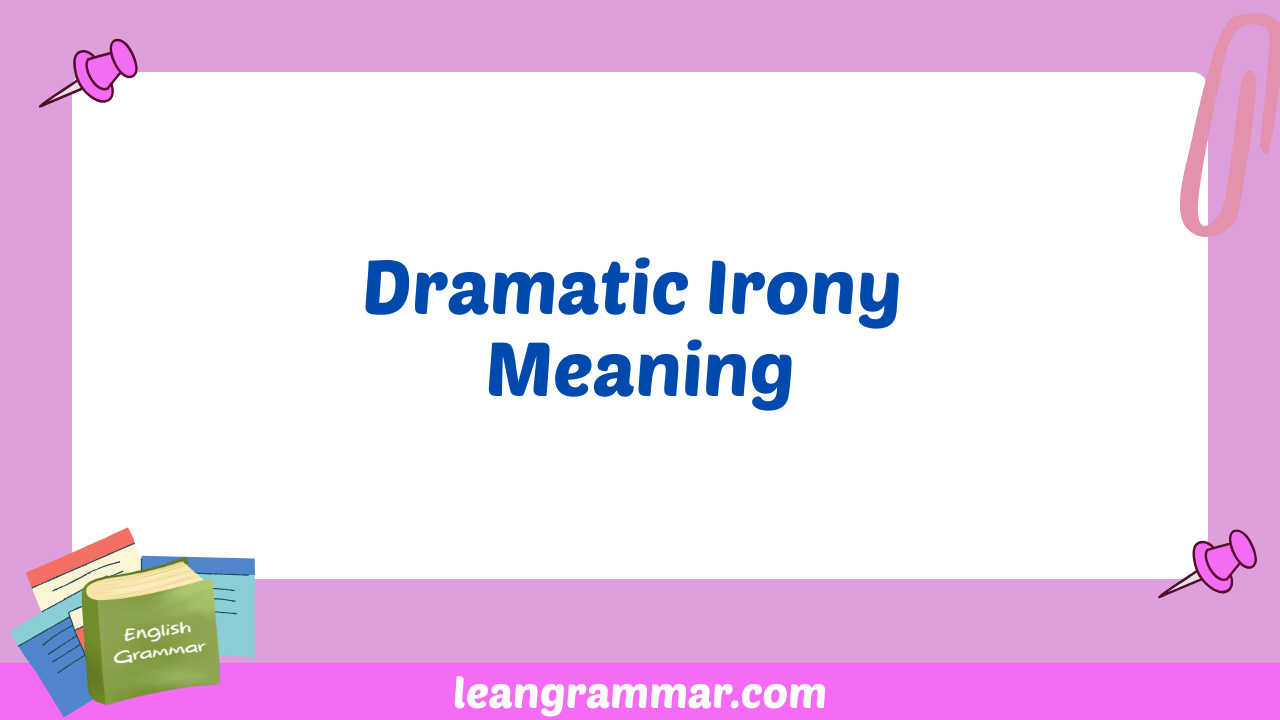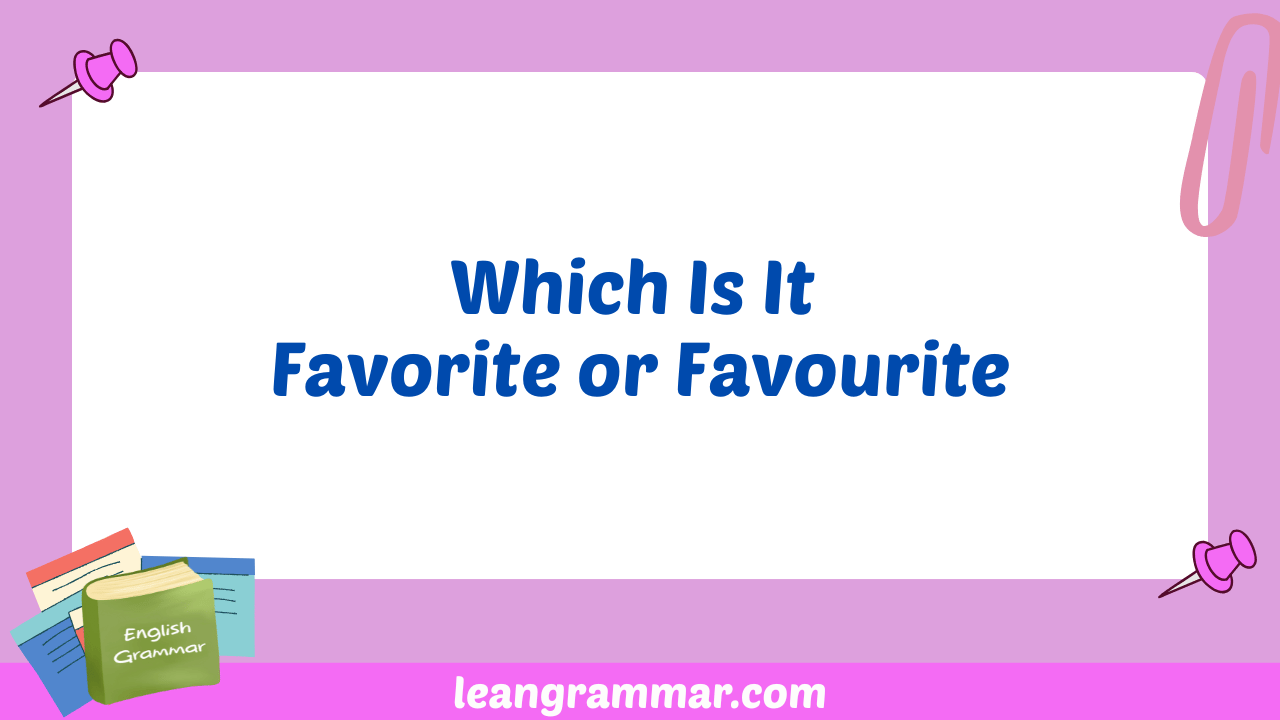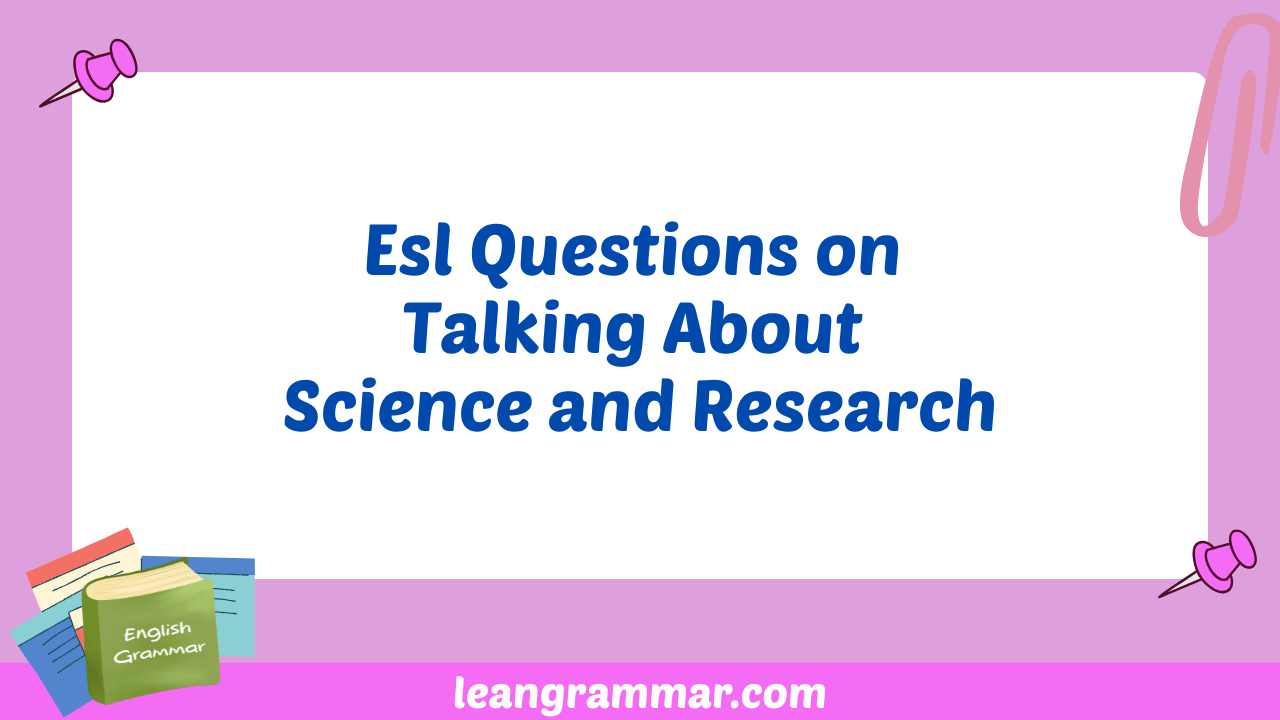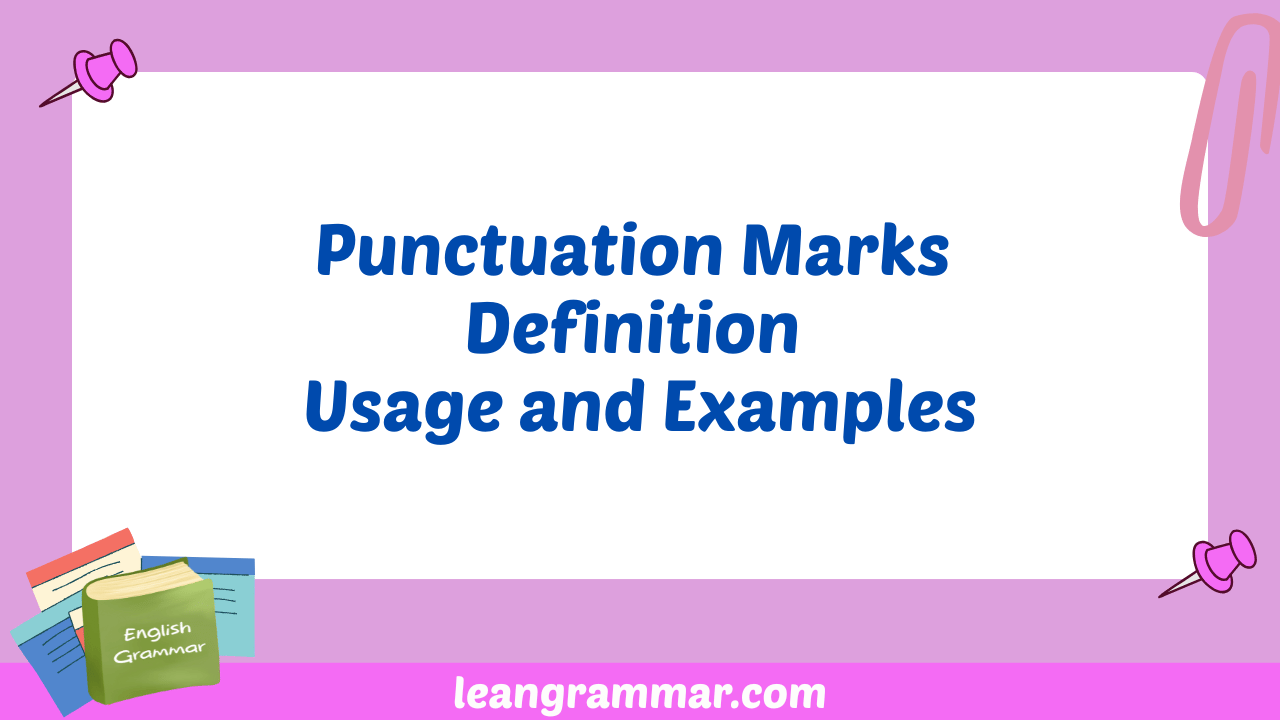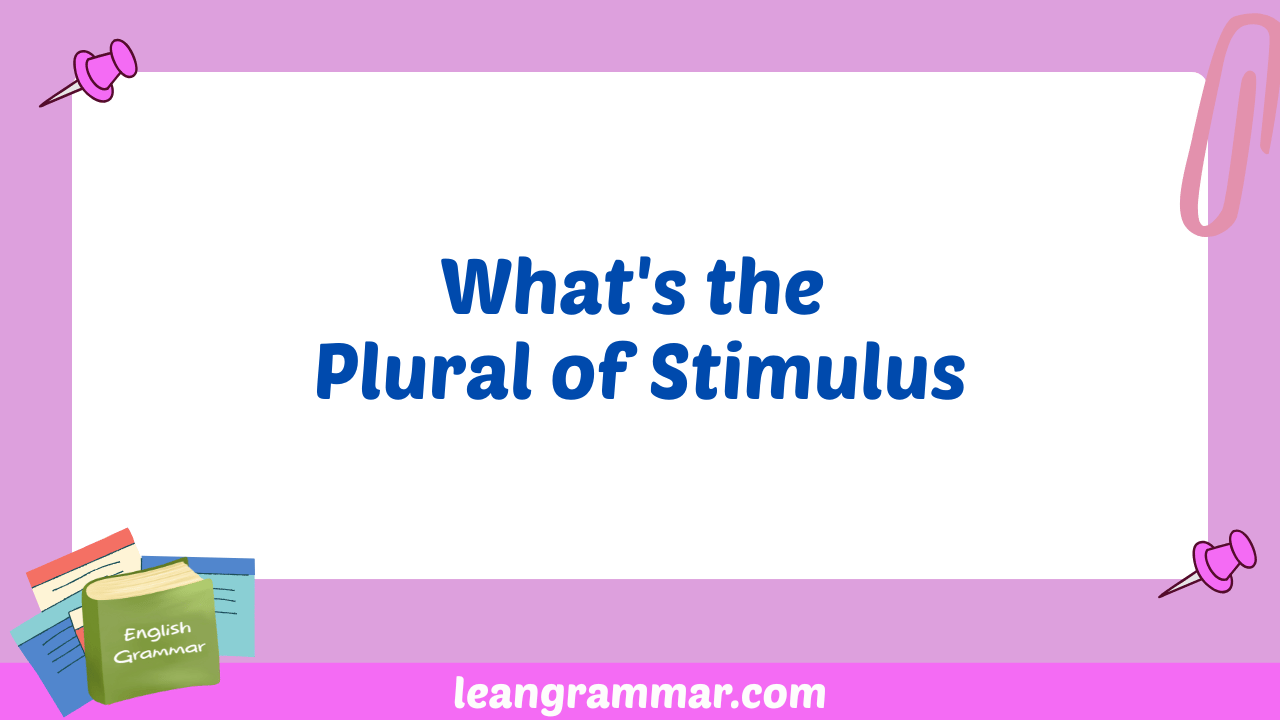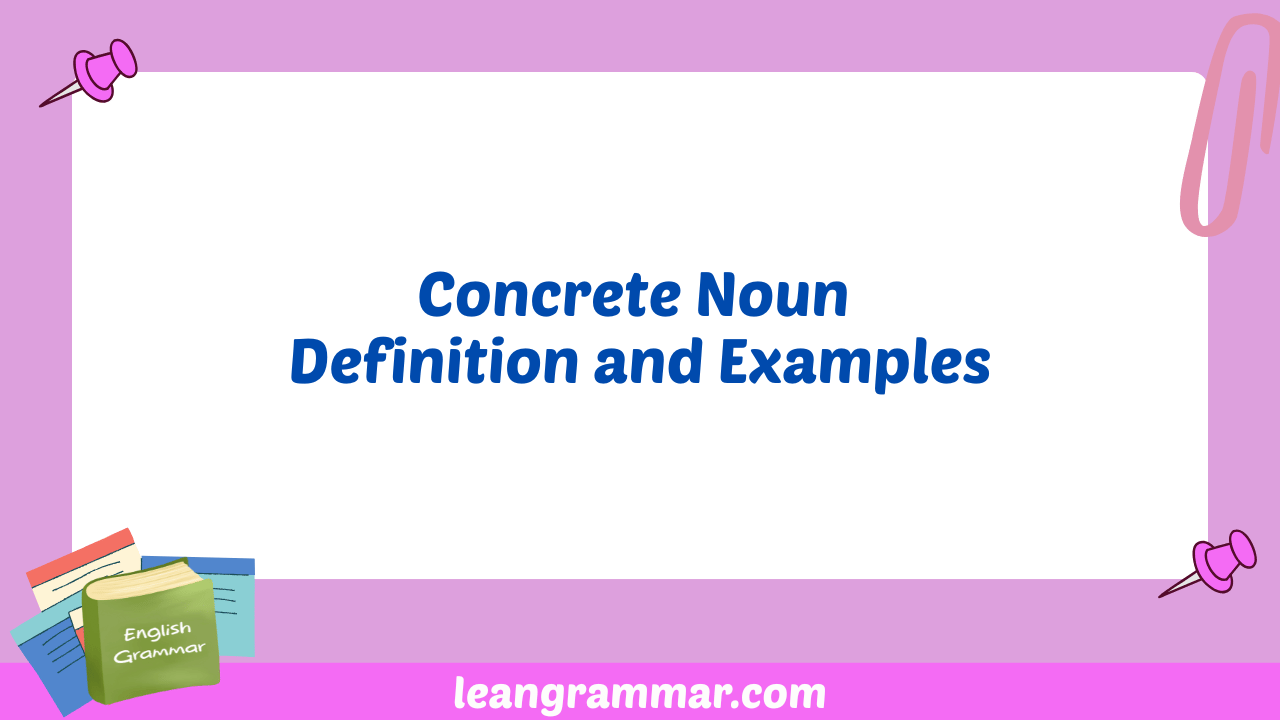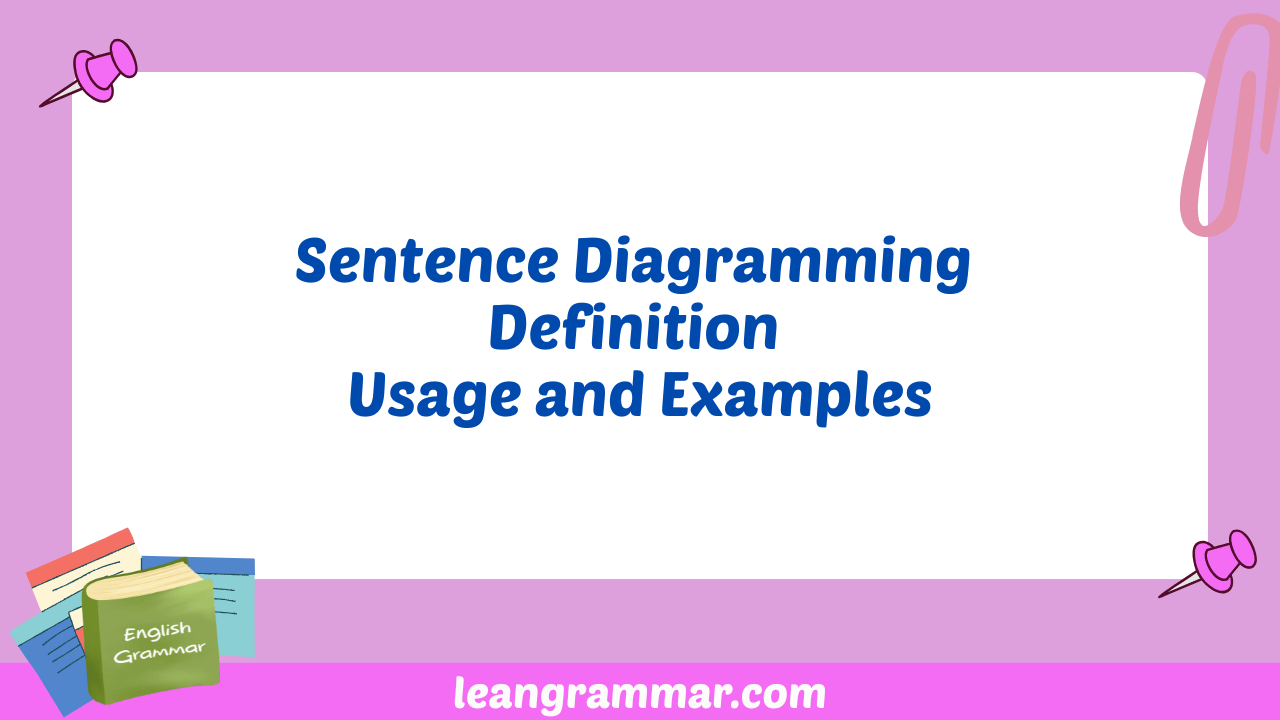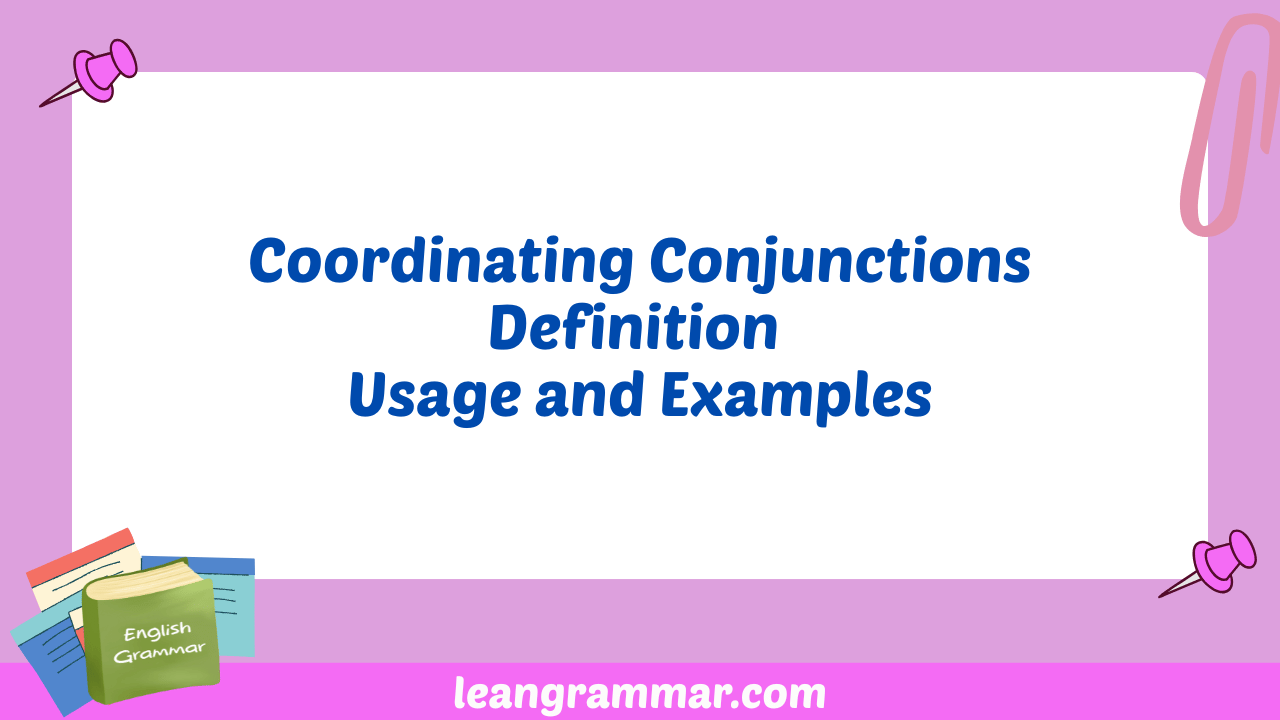Dramatic Irony: Definition, Types & Usage in English
Dramatic irony is a powerful literary device that enhances storytelling by creating a discrepancy between what a character knows and what the audience knows. Understanding dramatic irony is crucial for interpreting literature, film, and theater effectively. It heightens suspense, deepens emotional impact, and adds layers of meaning to narratives. This article will explore the definition, … Read more
